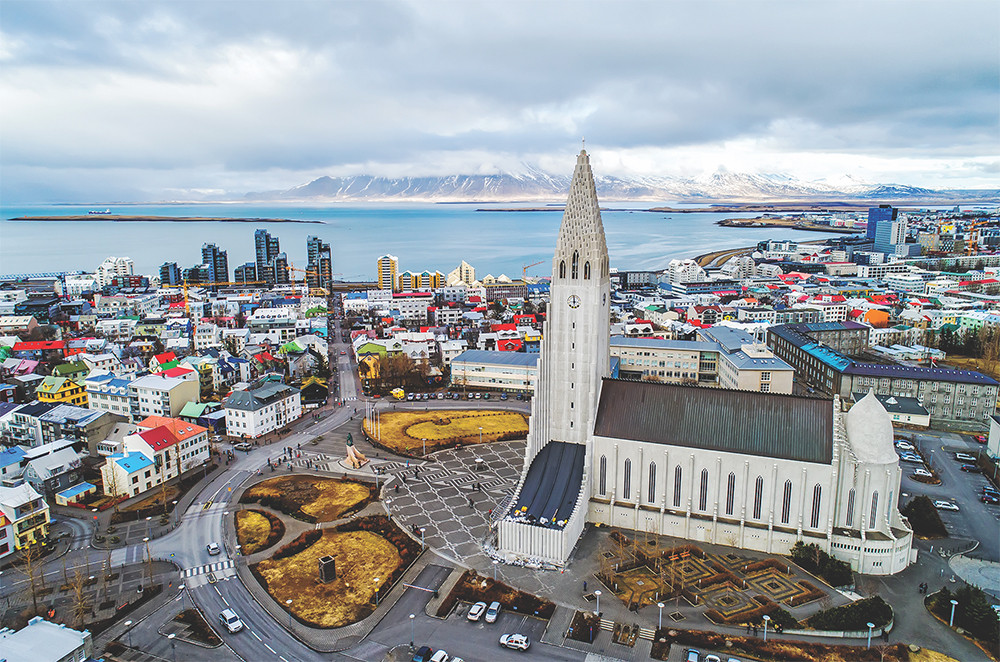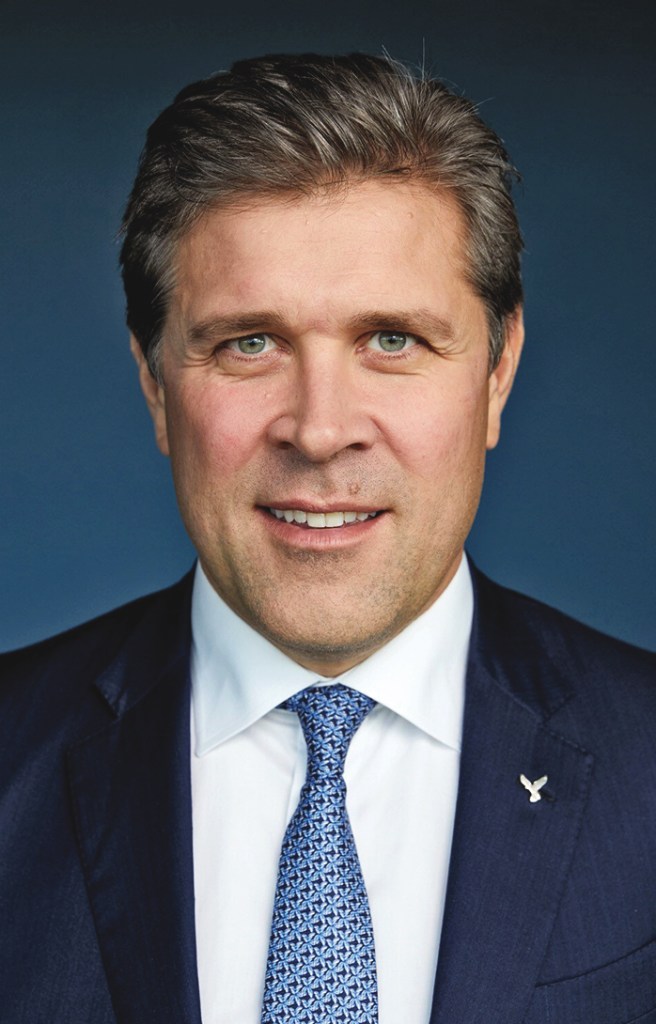Land of Fire and Ice Forges New Openings
After bouncing back strongly from the 2008 Global Financial Crisis, Iceland’s resilient economy is today outperforming those of far larger countries

Although its strong economic growth trajectory has temporarily slowed due to the COVID-19 pandemic, Iceland nevertheless remains favorably positioned for the waves of international spending and investment forecast for the post-vaccine world.
Famous for its incredible landscapes and rich fishing waters, the country of 360,000 people has embraced sustainability and innovation to maximize the opportunities generated by its natural resources.
Tourism and fisheries are key sources of foreign exchange earnings, but the renewable energies and creative industries are growing and attracting attention and investment in various sectors, including from its single largest trading partner and investor: the U.S.
“We have had more stability in recent years, and this will hopefully create more opportunities,” says Bjarni Benediktsson, Minister of Finance and Economic Affairs. “We have valuable resources that the world is on the look out for at the moment, such as clean water and sustainable energy production. We are seeing an increase in foreign direct investment in Iceland and hope we will continue to develop our business relationship with the U.S.”

Dedicated to innovation and sustainability in the country’s energy sector, HS Orka is an important provider of clean energy – more than a quarter of the national electricity supply comes from geothermal power – to Iceland’s growing needs and a leader in geothermal research. An authority in its field, HS Orka has developed state-of-the-art heat exchange technology utilizing existing plants and resources, with a 30MW expansion project of a facility launched recently.
One asset that helps HS Orka stand out from the crowd is the Resource Park, billed as “sustainability in action”. HS Orka’s geothermal power plants deliver multiple resource streams to businesses close to Reykjavik, with the enterprise having placed sustainability at its core long before it became a buzzword.
“We have a number of projects, especially in the food sector, like fish farming and greenhouses,” says CEO Tómas Már Sigurðsson. “We see great interest and opportunities in hydrogen production, or other power-to-gas production. We are utilizing the CO² from our plant and have a special focus on algae farming.”
Another very successful Icelandic company flying the flag for sustainability and the fight against climate change is Carbfix. The firm is developing innovative solutions like capturing CO² and injecting it at selected geological sites – where it turns to stone in two years – to reduce harmful emissions. Founded in 2007, Carbfix is also the poster child for successful collaboration between industry and academia, and is open to dialogue with external investors looking to explore potential opportunities.
In 2020, the award-winning company became a subsidiary of Reykjavík Energy (OR), as Dr. Edda Sif Pind Aradóttir, CEO of Carbfix, explains. “The aim of separating Carbfix operations from the core activities of OR are to further support climate action by providing interested parties the opportunity to reduce their carbon footprint. Our method has tremendous potential to grow fast on a global scale and we have seen greater interest in the Carbfix method to carbon disposal.”
